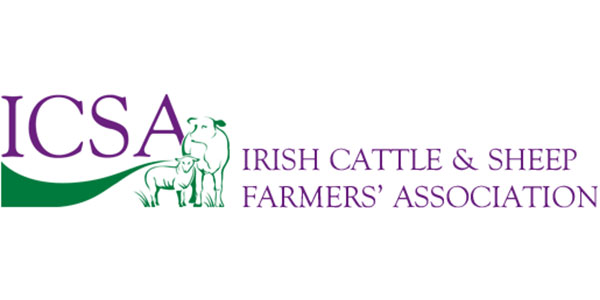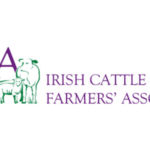Bord Bia figures show the numbers failing quality assurance checks jumped last year, and ICSA president Patrick Kent said “farmers are getting weary of the throngs of inspectors coming on to farms”.
Some 6.8% of farms failed quality assurance audits last year, a significant increase from 4.8% in 2015, according to figures provided to the Irish Farmers Journal by Bord Bia.
Out of around 37,000 farms inspected each year, the increase in failed audits represents more than 180 additional farmers.
So far this year, Bord Bia said that the compliance rate is up again, with 95% of the 6,600 audits carried out proving positive.
The “rapidly increasing” incidence of farms failing the Bord Bia Quality Assurance Scheme (QAS) is causing huge frustration and anger among farmers, ICSA president Patrick Kent claimed.
The ICSA is planning to meet with Bord Bia on Wednesday.
Patrick Kent has outlined his plans for the meeting, saying he will demand for the QAS to be made more farmer-friendly.
He is calling for all farmers to be entitled to a period of grace to rectify any shortcomings as this would “see an end to the farce of top-class farmers being thrown out of the scheme for minor technicalities”.
Minor technicalities
However, such a claim was disputed by Bord Bia.
In a statement released to the Irish Farmers Journal, Bord Bia said “no farmer fails an audit on a minor technicality”.
It stressed that the “small minority” of farmers found not to be in full compliance “typically arises because of animal remedy record keeping, which is a legal requirement”.
Bord Bia also denied that there has been a “rapid increase” in the number of farmers failing the QAS.
Revising the current rules
The ICSA president also warned Bord Bia that it was “barking up the wrong tree” if it thought farmers would engage the services of a professional to complete their farm safety statement. A Bord Bia spokesperson said it had not proposed such measures and was happy to accept compliant farm safety statements drawn up by farmers themselves.
With regards to a period of grace, Bord Bia said the revision of the current scheme is at an advanced stage and includes consideration for a “close-out” period. “This model, as successfully operated in the Sustainable Dairy Assurance Scheme, would provide beef farmers a period of time, while retaining certification, to provide evidence to show that they have addressed any issues that may have arisen during the audit,” the spokesperson said.






